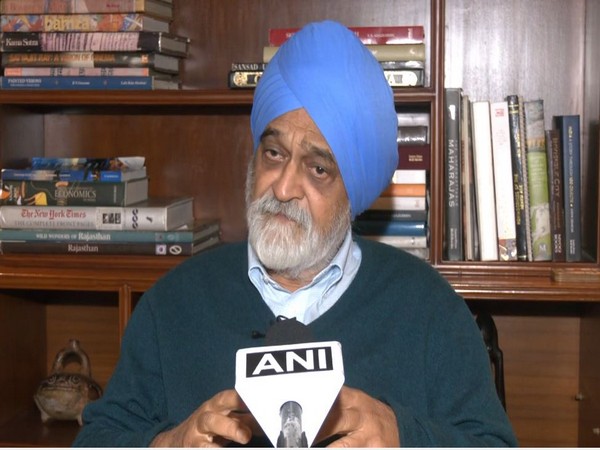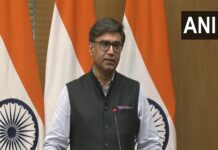The government should implement a Production Linked Incentive (PLI) scheme for farmers instead of continuing with fertilizer subsidies, which, according to Montek Singh Ahluwalia, former Deputy Chairman of the Planning Commission, are ultimately detrimental to farmers. In an exclusive interview with ANI, Ahluwalia stressed that subsidies should be directed to the farmers themselves, rather than supporting specific inputs like fertilizers. He explained that while fertilizer subsidies benefit the fertilizer industry, they also harm soil health due to excessive use.
“Many agricultural economists argue that instead of spending large sums on fertilizer subsidies, we could provide farmers with a production-linked incentive. At the very least, we should stop subsidizing a single input, as it creates market distortions,” he said. He further advocated for in-depth consultations among farmers, economists, and industry experts to chart the best path forward.
Ahluwalia also commented on the broader implications of the government’s PLI schemes, designed to boost manufacturing. While he acknowledged the success of PLIs in newer industries like mobile manufacturing and semiconductors, he criticized their application in traditional sectors such as garments.
“PLIs should focus on industries where India lacks experience, like chip manufacturing, fabs, and batteries. For garments, a sector we already understand well, offering subsidies doesn’t make sense. The issues in such industries are more about logistics, labor laws, and ease of doing business, not the absence of subsidies,” he explained.
While commending the government’s success in attracting major manufacturers like Apple through Foxconn to set up operations in India, Ahluwalia suggested identifying five or six key emerging industries and offering incentives to attract global manufacturers.
On the ongoing debate between focusing on manufacturing versus services, Ahluwalia agreed with former RBI Governor Raghuram Rajan’s perspective that India should capitalize on its strengths in services while not neglecting manufacturing. “It’s not about choosing between manufacturing and services. India should leverage its strengths in both. The growth in service exports, driven by global capability centers established by high-tech manufacturers in India, is proof of our potential in this sector,” he noted.
Ahluwalia’s comments call for a more strategic and well-rounded approach to policymaking, prioritizing long-term benefits and careful planning to address economic challenges and unlock India’s full potential.
(With inputs from ANI)














